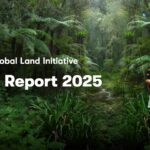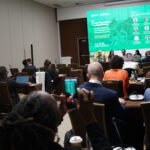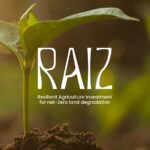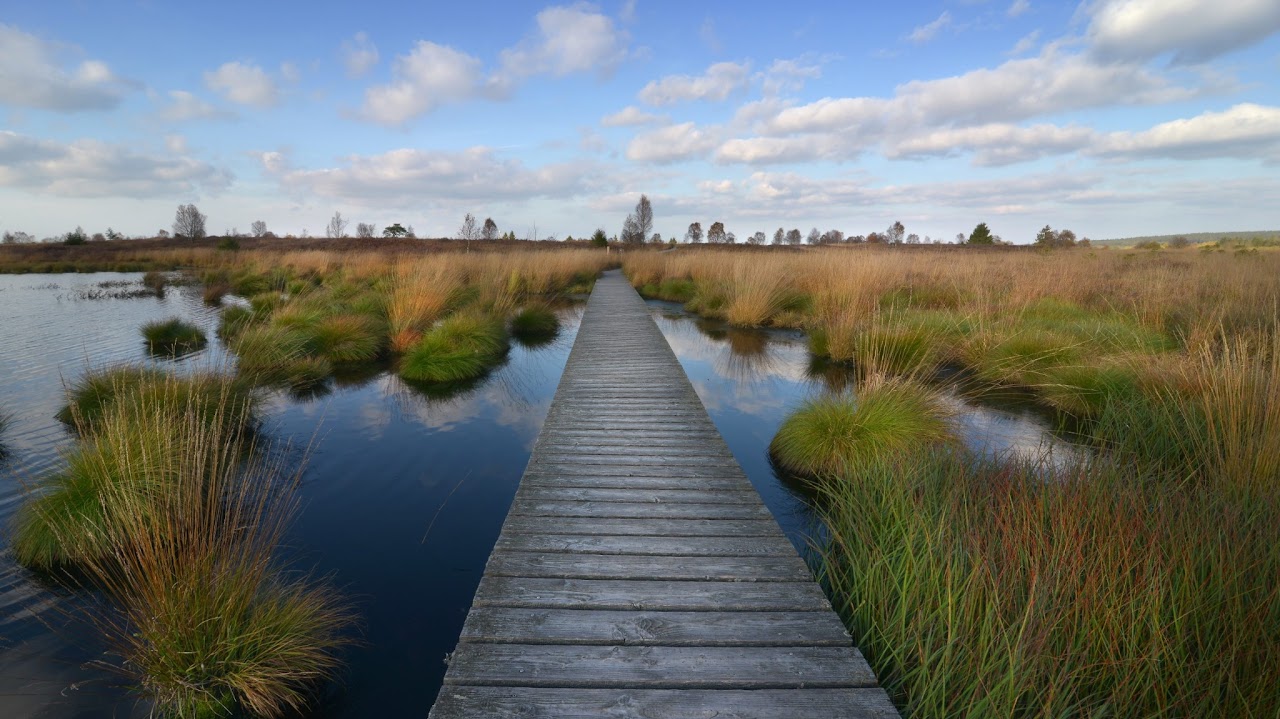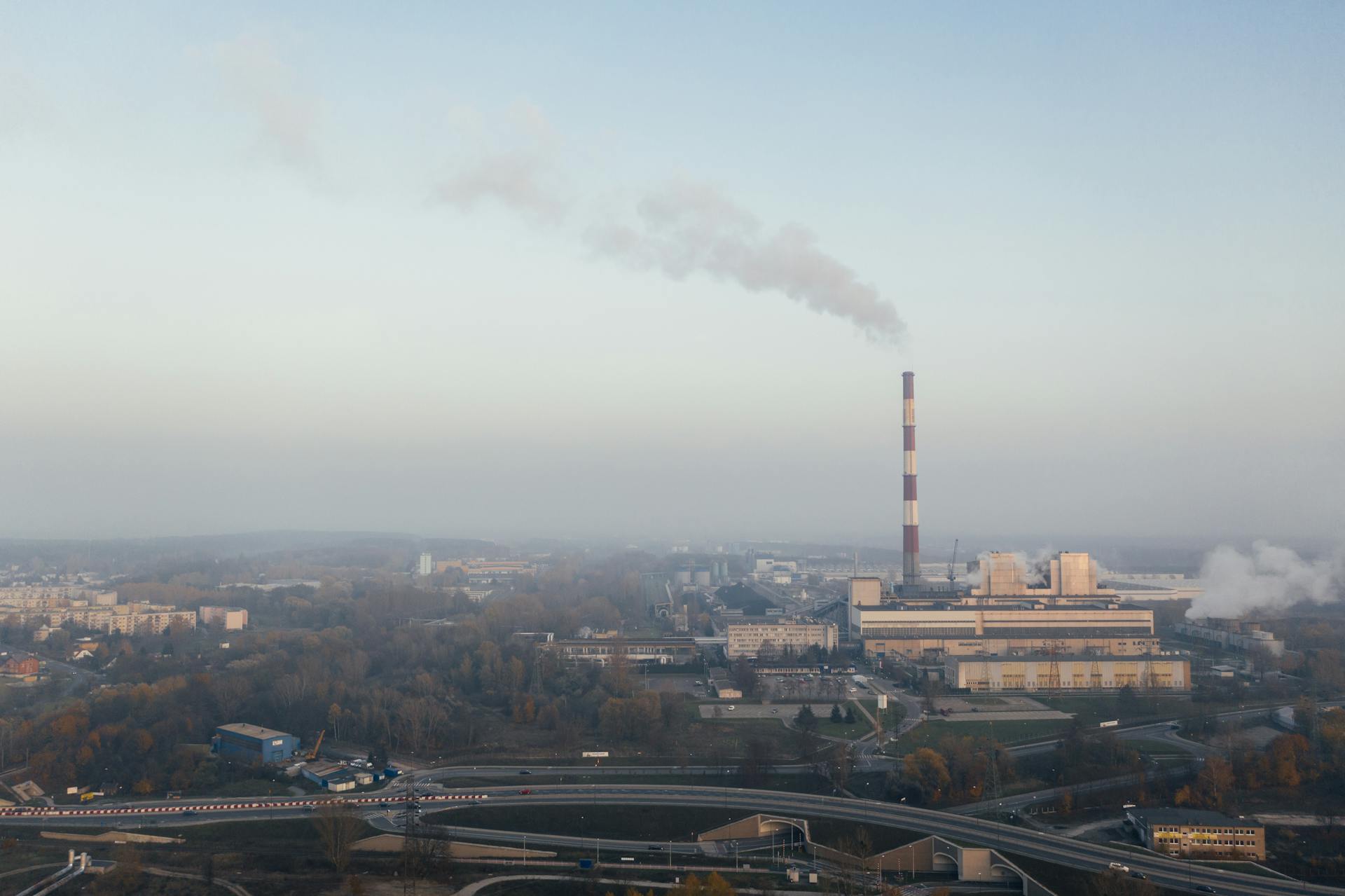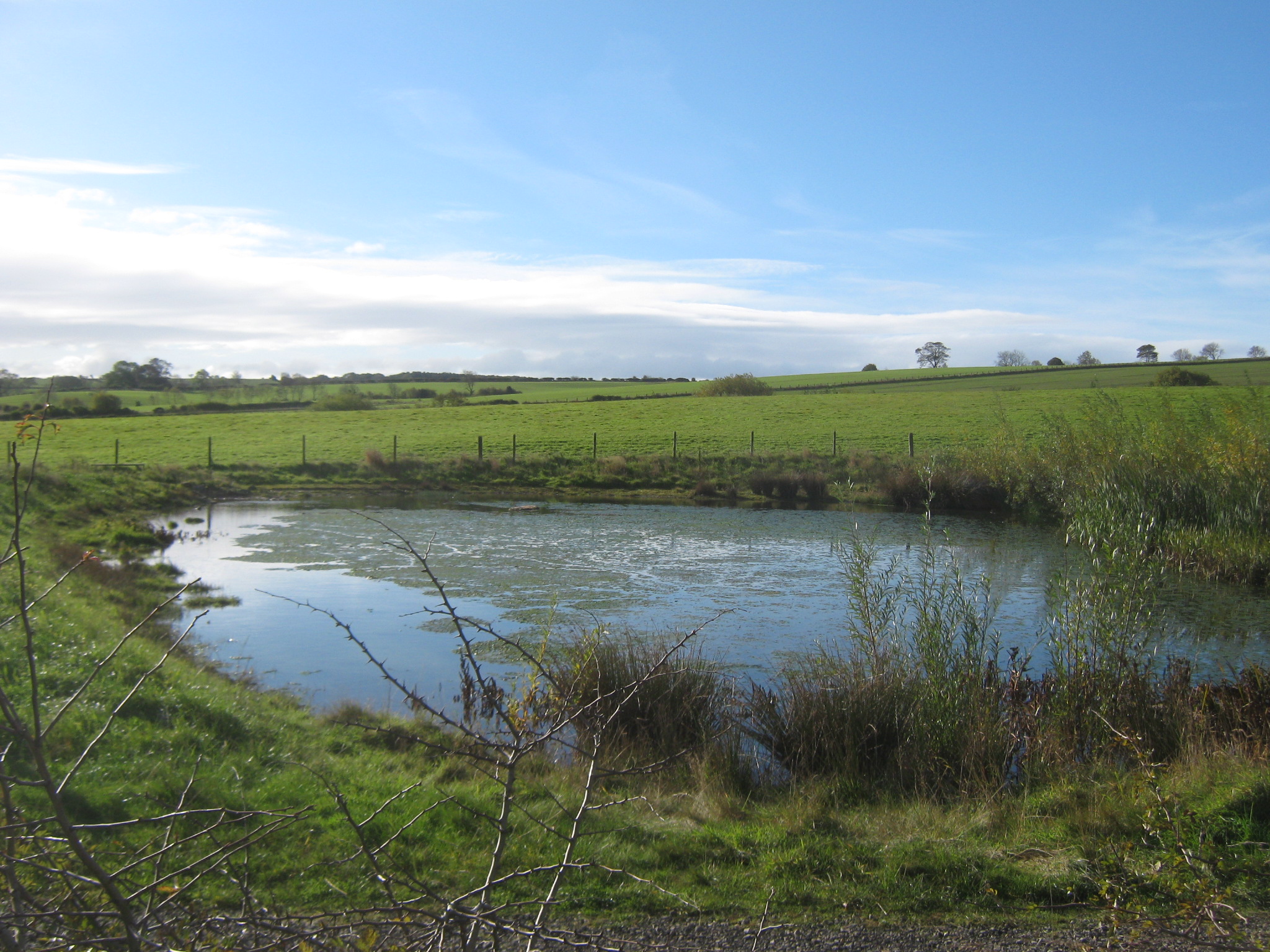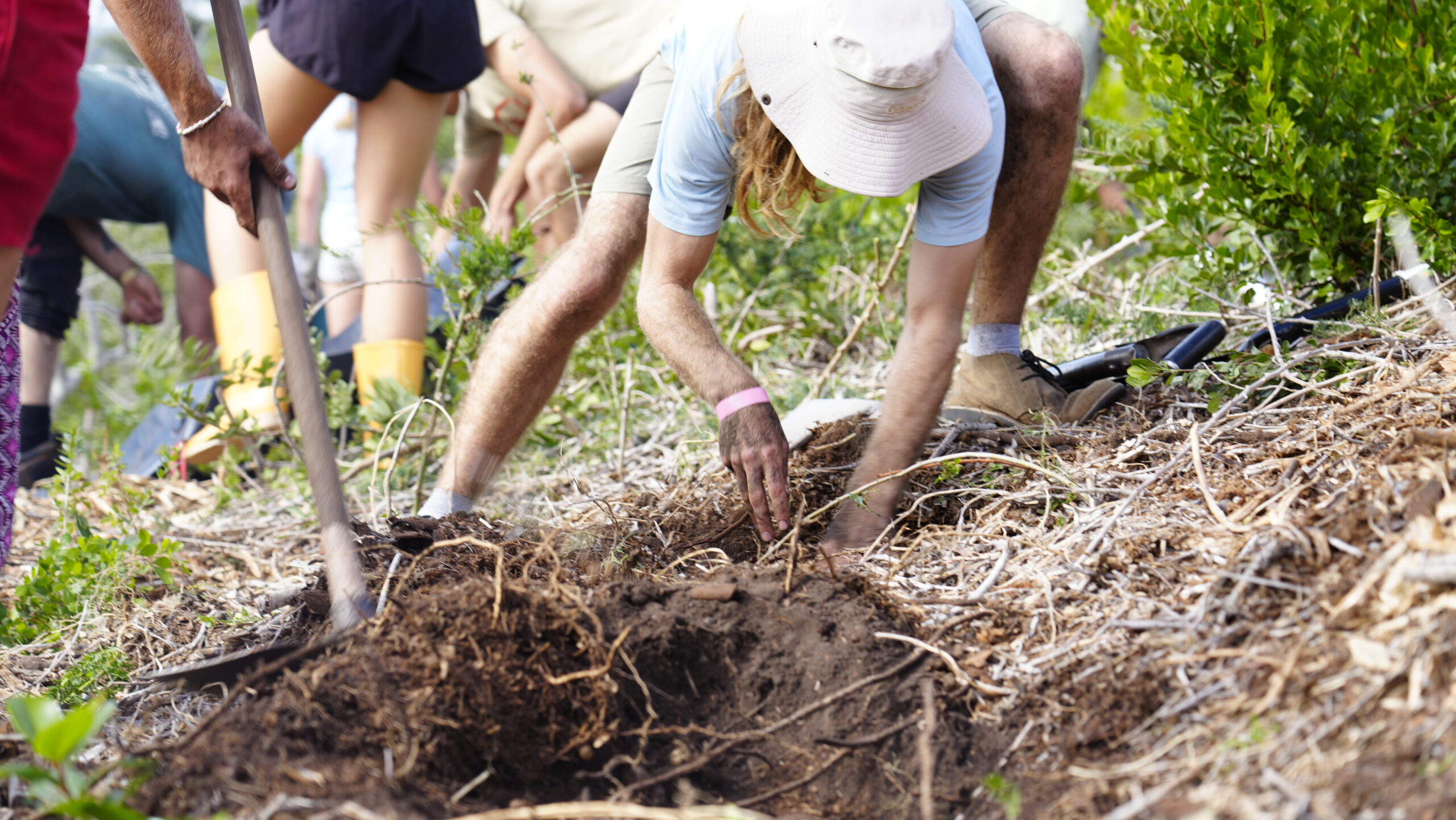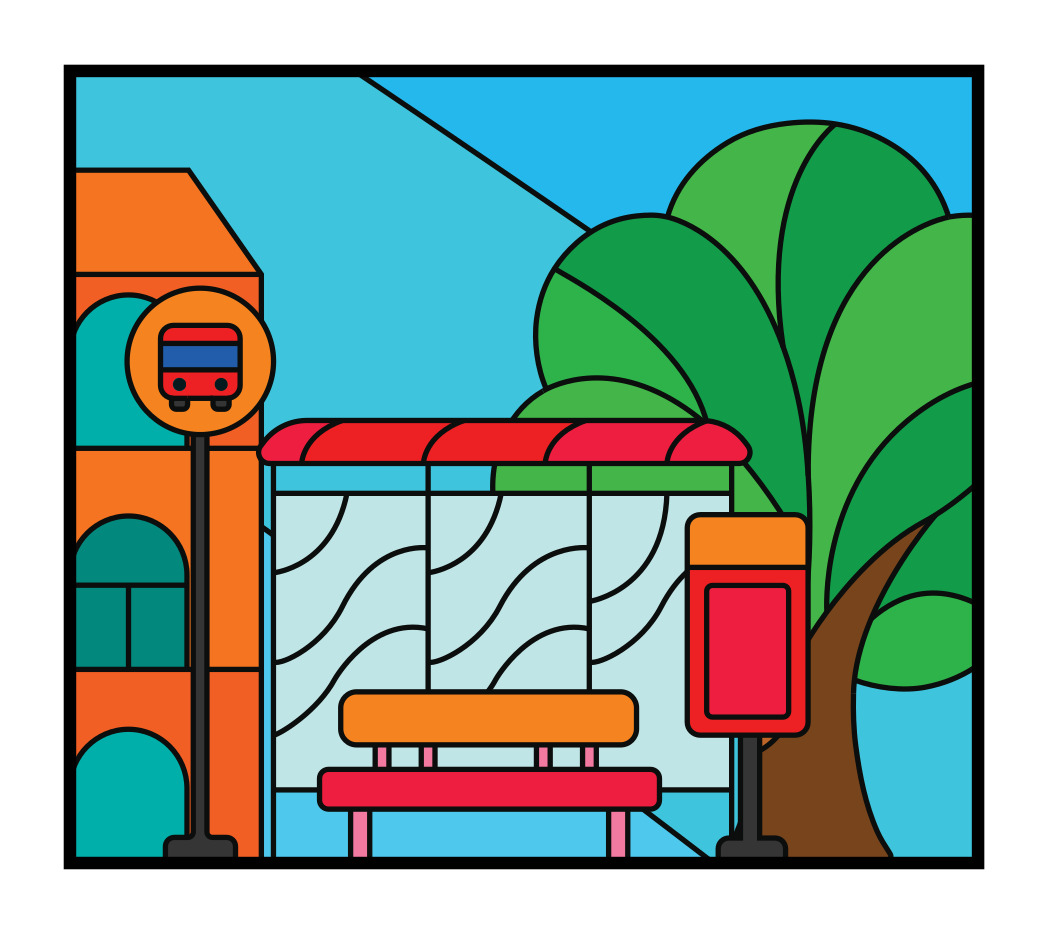Celebrating World Cities Day, 31 October, by Triggering Change in Higher Education
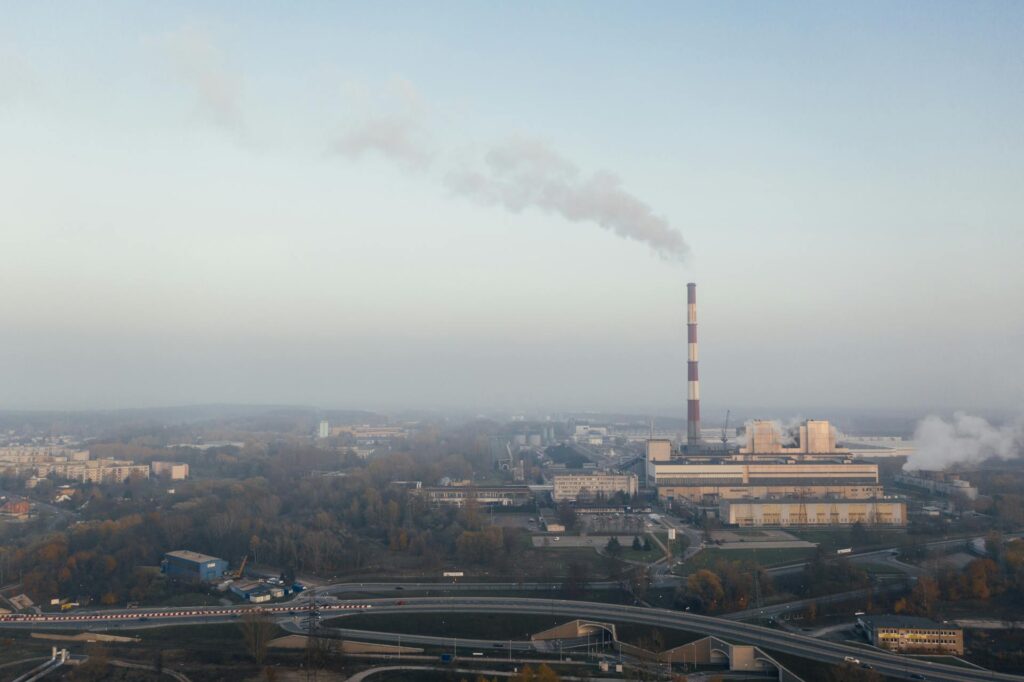
Photo credit: Pexels/Marcin Jozwiak
Cities are under siege, and not from war, but from extreme weather. During the increasingly recurrent, extremely hot seasons, cities are facing heatwaves, dry water taps or wild fires that are turning entire neighborhoods into rubble. And then during the increasingly rainy seasons, streets are turning into rivers, homes are submerged or roads are washed away.
How can cities that are facing extreme weather prepare?
This year’s topic of World Cities Day, which is celebrated annually on 31 October, is people-centred smart cities, and speaks to this issue directly. What’s more, the topic forms the basis for our recently launched open access university course: Trigger Change! Sustainable Urban Land Restoration.
The G20 Global Land Initiative/ United Nations Convention for Combating Desertification (G20 GLI/UNCCD) identified the training of professional city planners and managers as critical to this preparedness to ensure they look not just at the building structures, but the resilience of the land on which cities are built.
Developed over nine months by a global team of university professors and urban planning professionals, this transdisciplinary course is designed to empower the next generation of urban planners, innovators and eco-entrepreneurs to consider co-creating land restoration in urban planning.
Launched in May 2025, the course is a ready-to-use 3 credit (ECTS system) transdisciplinary course for professors, lecturers and instructors who teach urban planning and related programs. It provides students with the necessary knowledge and skills to recognize the importance of ecosystem services in urban areas, to revitalize degraded urban landscapes and use state-of-the-art technology to promote resilient and sustainable cities.
In particular, the course is closely linked to the aim of World Cities Day 2025: to showcase how data-driven decision making, technology, and AI can be used to improve urban life and recover from current shocks and crises.
According to UN Habitat, “by spotlighting these priorities, World Cities Day 2025 aspires to inspire action, foster international partnerships, and demonstrate how smart, people-focused approaches can create more livable, resilient, and equitable urban futures.”
Education, and especially open access courses for urban planning-related universities, is a perfect example of action and partnership!
Furthermore, the course:
🌍 is globally relevant and locally adaptable for sustainable urban planning-related education;
📚 offers ready-to-use materials for professors, lecturers, and instructors;
🌱 equips students with skills and knowledge to tackle real-world challenges related to sustainable urban land use planning;
💼 is completely open source to support global education and collaboration;
👉 is composed of a resource kit: 48 hours of PPTs organised in 5 modules, 10 case studies, documentary films, 130 page course manual.
Interested in implementing the course?
Register and receive the course materials and start integrating them into your curriculum.
The Initiative is also developing more courses tailored to the general public and those interested in ensuring their lands, including in cities, are resilient to the future threats of nature.
For more information, visit our website to sign up for our newsletter https://g20land.org/ to receive notification once the course is ready.
